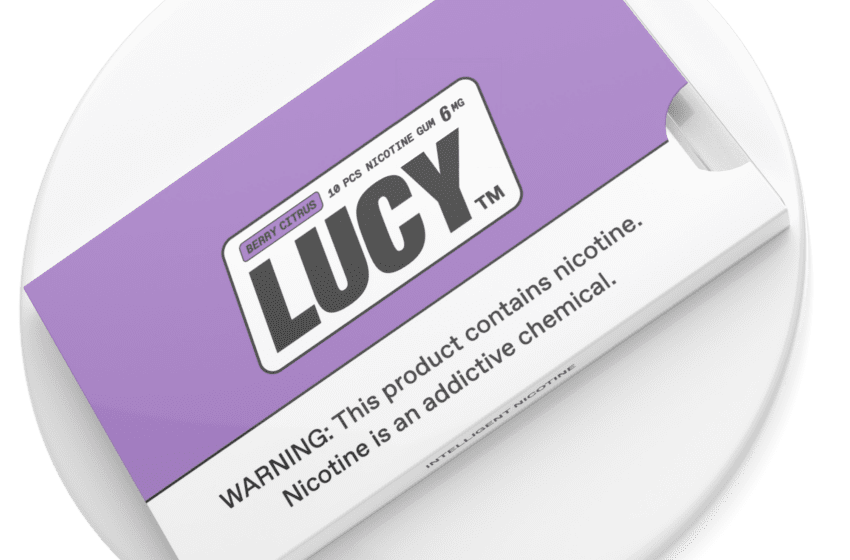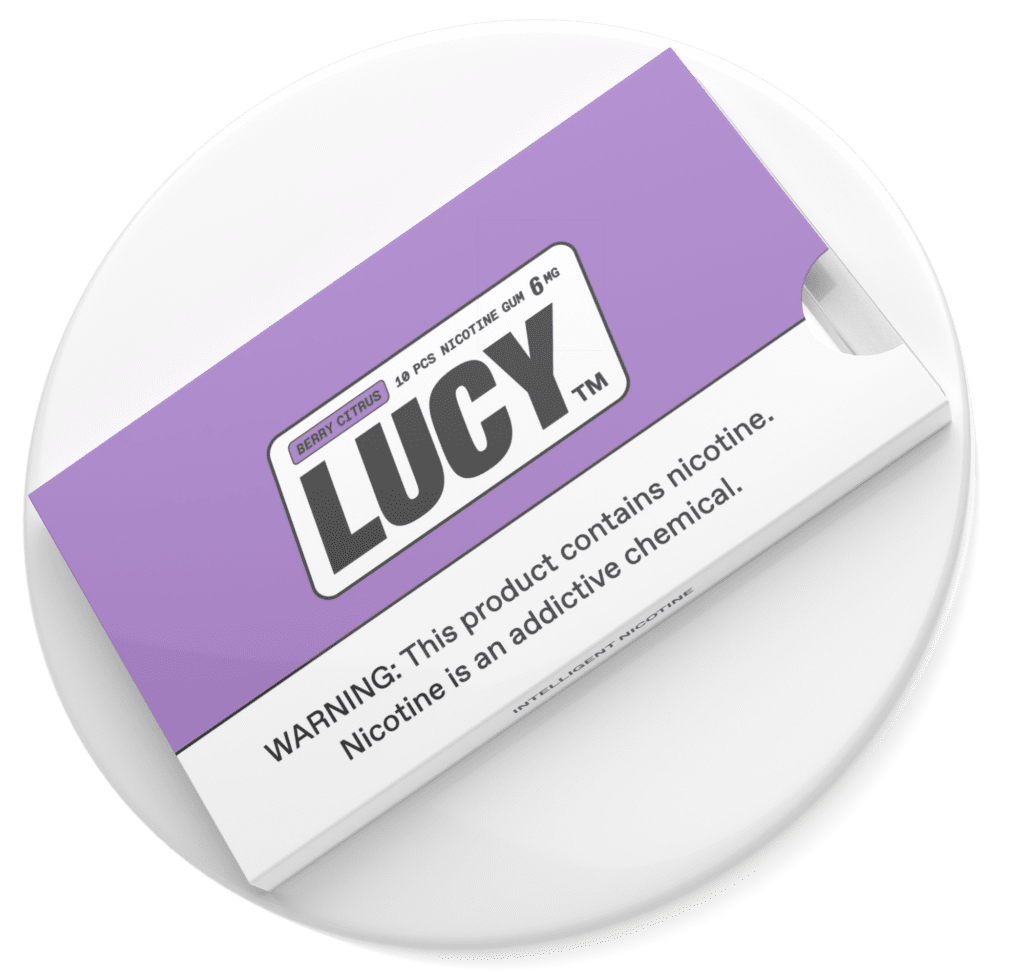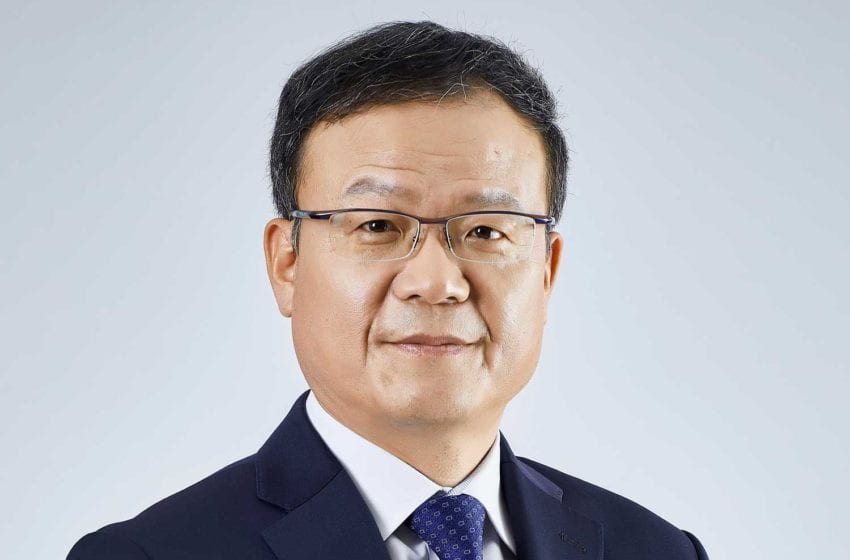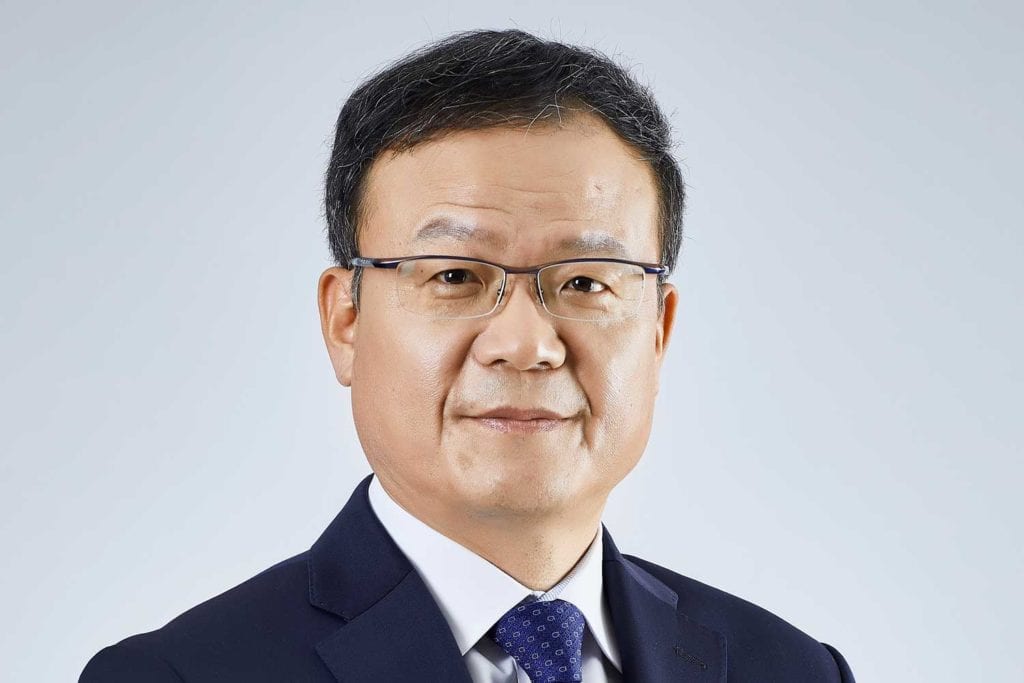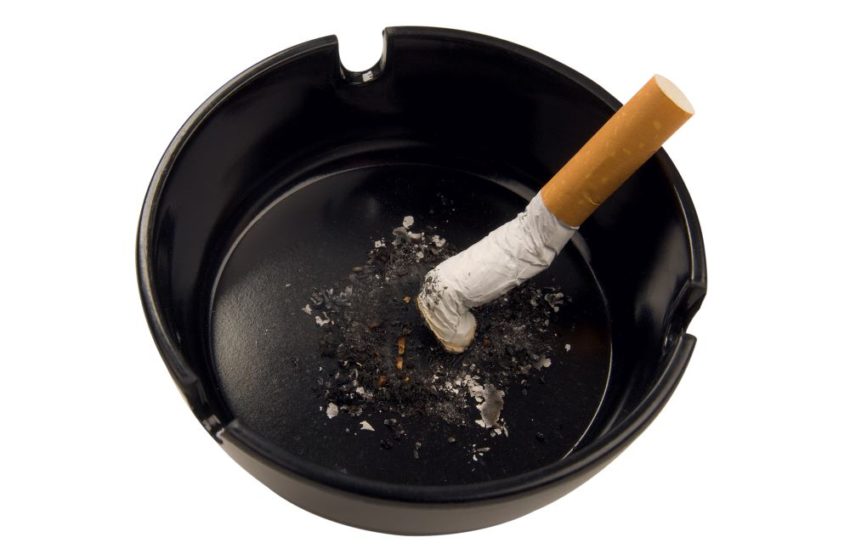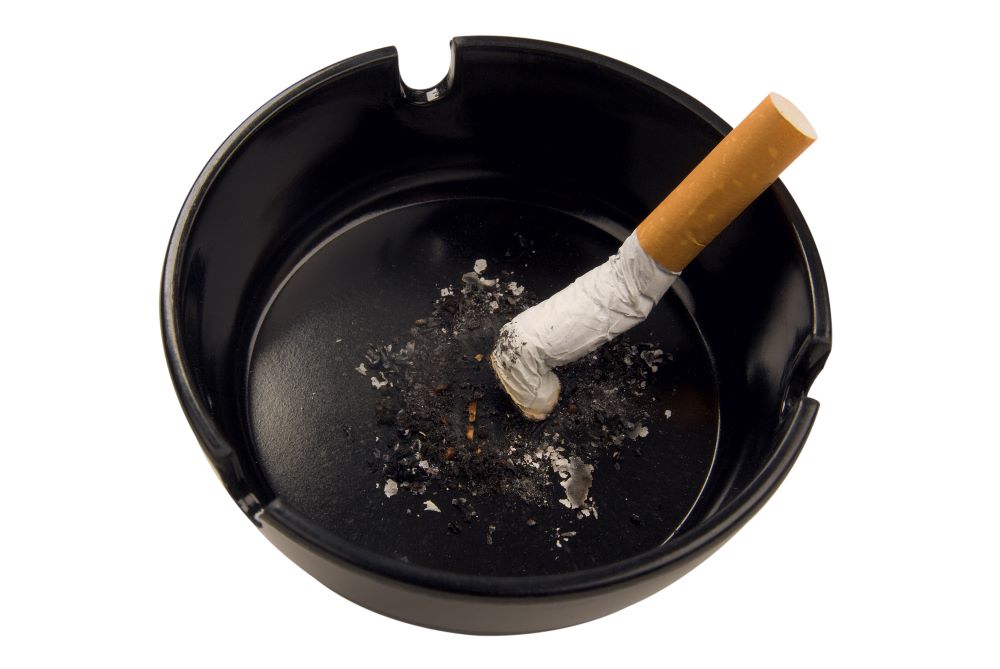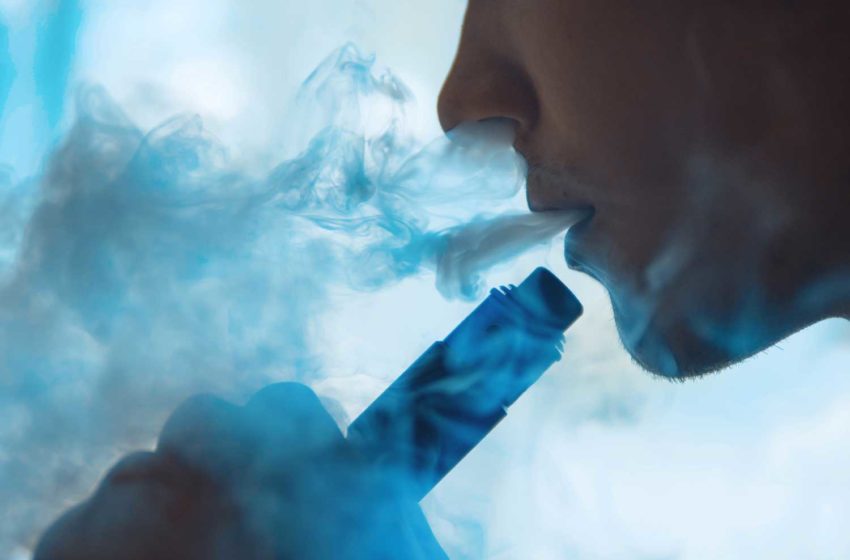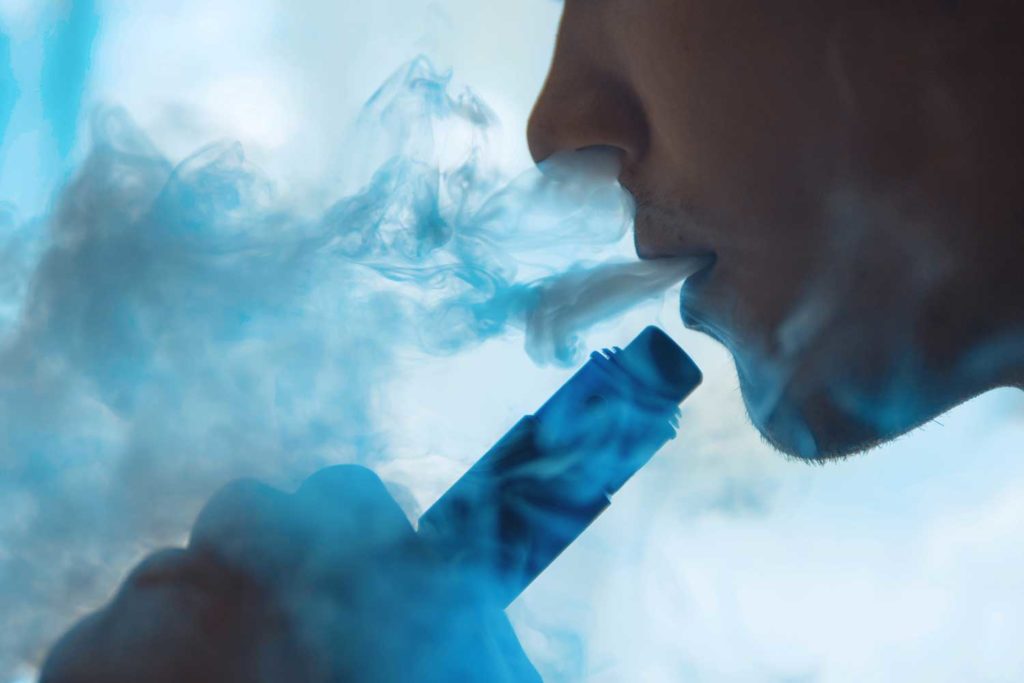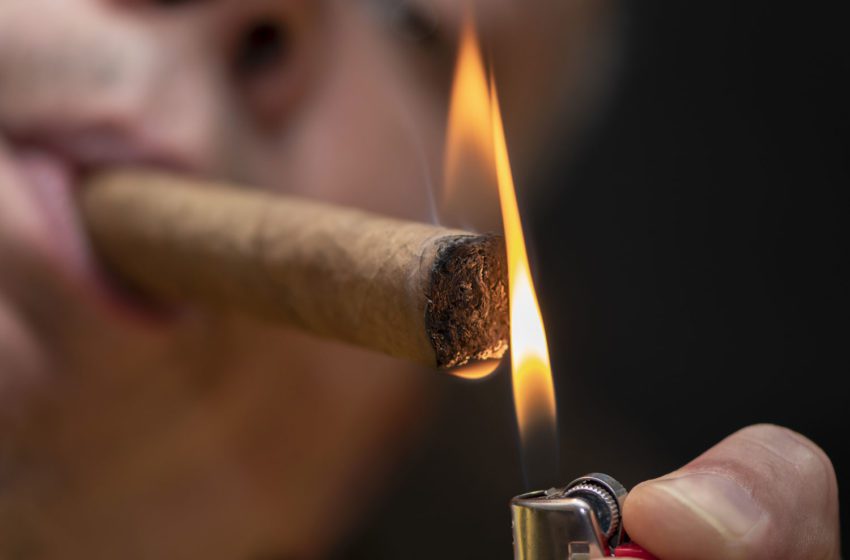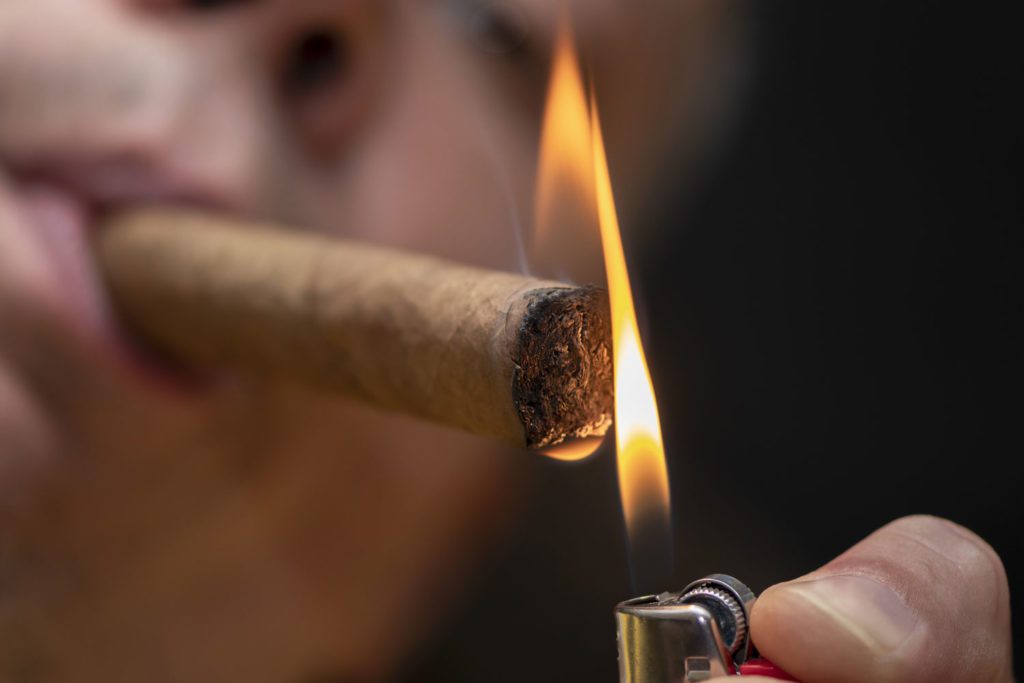What can the next-generation nicotine industry expect in 2024?
By Paul Hardman
The U.K. government’s proposal for a “smoke-free” generation and changing consumer opinions toward nicotine products are causing a shift in consumer habits. The year 2023 shone a spotlight on e-cigarette compliance, with a potential ban on disposable vapes on the horizon. So, how will this year’s events impact the manufacturing of nicotine products, and what trends and regulations are we likely to see going into 2024?
Nicotine Pouches
Nicotine pouches represent an extraordinary opportunity to support tobacco harm reduction in adult smokers. Sweden, the world’s most advanced nicotine pouch market, is on the brink of being smoke-free, with less than 5 percent of its population smoking.
However, in the U.K., there is a regulatory gap that allows those under 18 to purchase nicotine pouches legally. In addition, there are concerns that nicotine pouch manufacturers could fall into the same traps as some disposable e-cigarette companies, by creating products that appeal to youth.
If youth use becomes an issue, the easiest move for regulators is to categorize nicotine pouches in the same way as oral tobacco products like snus—rendering them illegal. An alternative response might be to categorize these products as nicotine-replacement therapies and place them under medical product regulations, which would restrict their access.
To keep these products available to adult smokers who wish to quit, manufacturers can act as if regulation is already in place: generate data, devise safety frameworks and ensure the quality of products entering the market. Importantly, manufacturers should present and market their products in responsible ways, including avoiding bright colors, not imitating other consumer goods (e.g., soft drinks) and refraining from using any type of cartoon/video game characters.
Non-Heated Technologies
We have yet to witness a vape product approved via the U.K. Marketing Authorization Application (MAA) pathway, which enables nicotine products to be marketed as smoking cessation nicotine-replacement tools and prescribed by healthcare professionals. However, non-heated vape technology might facilitate MAA approval by addressing the core problem of delivered dose uniformity (DDU).
One example of a non-heated vape technology involves ultrasound sonication, which enables the atomization of e-liquids to create an aerosol, similar to technology used in medical nebulizers. The droplet size and dosage can be predefined according to the dimensions of the mesh, ensuring uniformity in the vapor, thus improving DDU. As we go into 2024, we will likely see more manufacturers exploring this approach. In parallel, e-liquids will be developed specifically for this technology.
Product Development
Nicotine product manufacturers have been moving toward a quality-by-design (QbD) development process, and we will see this continue in 2024. There are no specific guidelines or requirements for the stability testing of nicotine products other than the scientific justification for shelf life. Employing a QbD approach demonstrates a higher level of due diligence, which could produce safer, higher quality nicotine-delivery systems.
In addition, manufacturers are starting to implement extractables and leachables studies during the development process in anticipation of the new guidelines being set out by the European Committee for Standardization. Once these guidelines are published, we can expect to see a more standardized approach throughout the industry.





